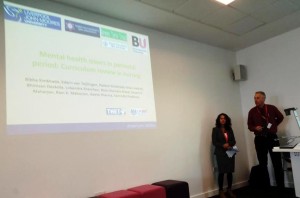 On Thursday 14th April Dr. Bibha Simkhada (Liverpool John Moores University & BU Visiting Faculty) and Prof. Edwin van Teijlingen presented their education research in Liverpool. The work is part of a THET-funded project at the 14th Britain-Nepal Academic Council (BNAC) Nepal Study Days. The presentation ‘Mental Health Training and Education in Nepal‘ is part of an international project led by Bournemouth University. BU collaborates with Tribhuvan University (Nepal’s largest & oldest university) and Liverpool John Moores University (LJMU). The project receives funding from DFID, and is managed through THET and supported locally in Nepal by a non-governmental organisation called Green Tara Nepal. The project takes UK volunteers, people with experience in midwifery, mental health, higher education, nursing, health visiting, etc. to the southern part of Nepal.
On Thursday 14th April Dr. Bibha Simkhada (Liverpool John Moores University & BU Visiting Faculty) and Prof. Edwin van Teijlingen presented their education research in Liverpool. The work is part of a THET-funded project at the 14th Britain-Nepal Academic Council (BNAC) Nepal Study Days. The presentation ‘Mental Health Training and Education in Nepal‘ is part of an international project led by Bournemouth University. BU collaborates with Tribhuvan University (Nepal’s largest & oldest university) and Liverpool John Moores University (LJMU). The project receives funding from DFID, and is managed through THET and supported locally in Nepal by a non-governmental organisation called Green Tara Nepal. The project takes UK volunteers, people with experience in midwifery, mental health, higher education, nursing, health visiting, etc. to the southern part of Nepal.
Mental health is a difficult topic to discuss in Nepal (as it often is in the UK). This makes it hard for front-line health workers, especially non-mental health specialists, to start a discussion about mental health issues with patients.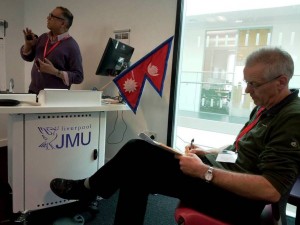
As part of this THET-funded programme to train community health worker such as Auxiliary Nurse Midwives (ANMs) on mental health issues related to pregnancy, we conducted a review of all relevant health curricula in Nepal. The key findings are that mental health issues in pregnancy and childbirth are often lacking in the curricula for both nurses and ANMs as a result community-based staff lack training in this topic. There is a great need for a curriculum to facilitate relevant training for ANMs.
We would like to repeat our call for volunteers. If you are a health or education professional with an interest in mental health and/or maternity care and you are interested in volunteering later this year for a week to ten days in Nepal please contact Edwin van Teijlingen (evteijlingen@bournemouth.ac.uk ).
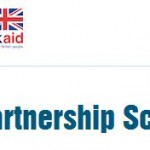
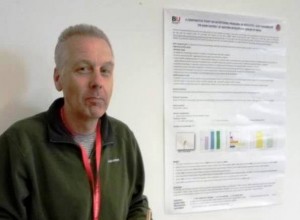


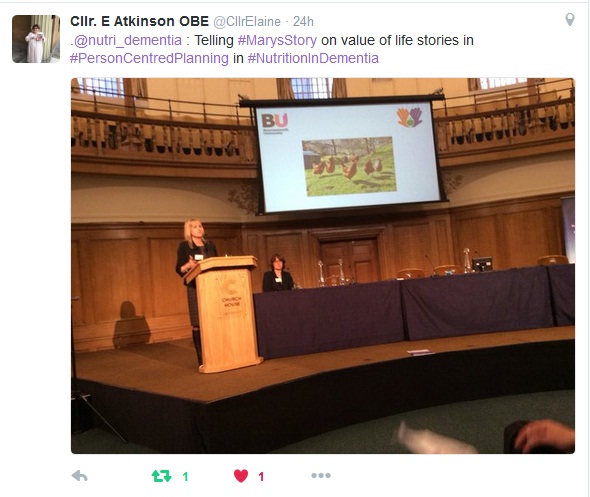
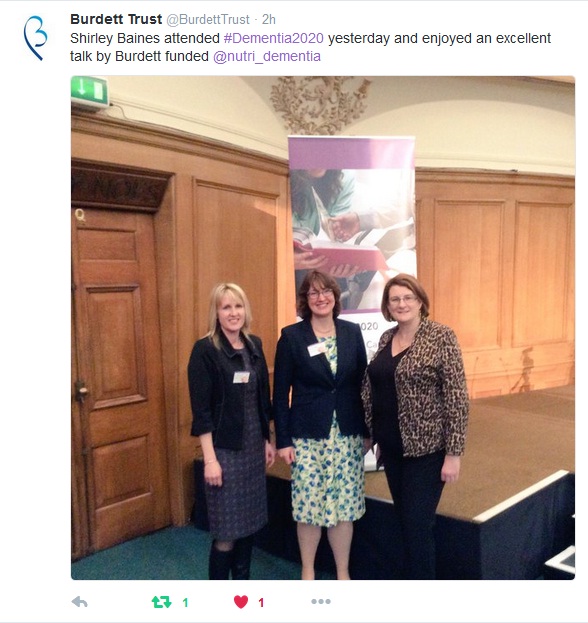
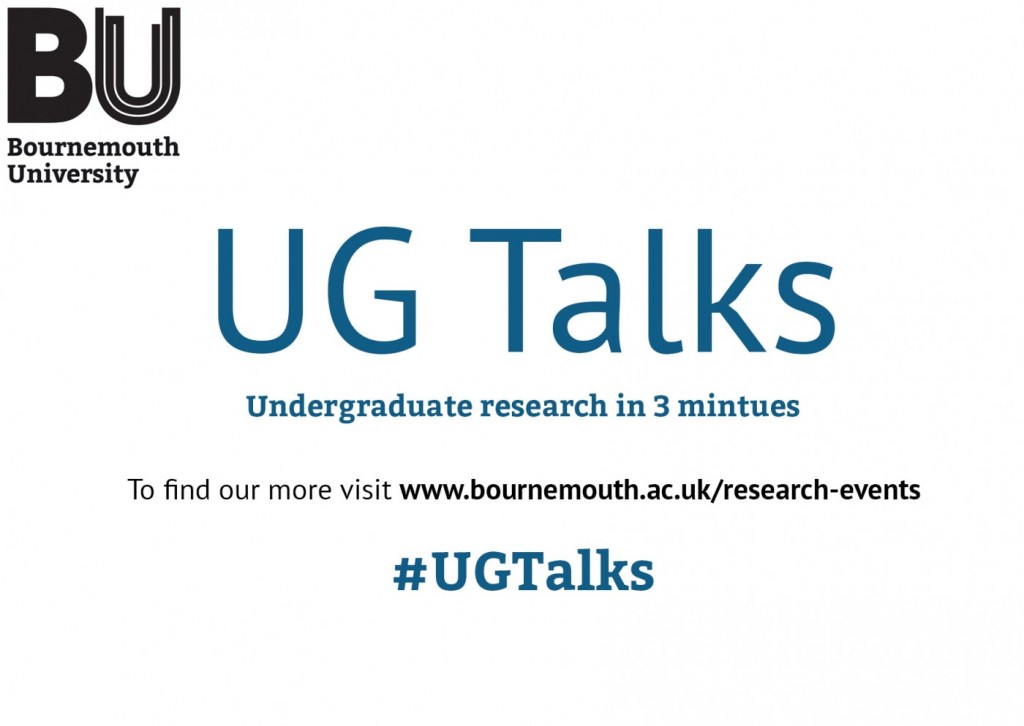

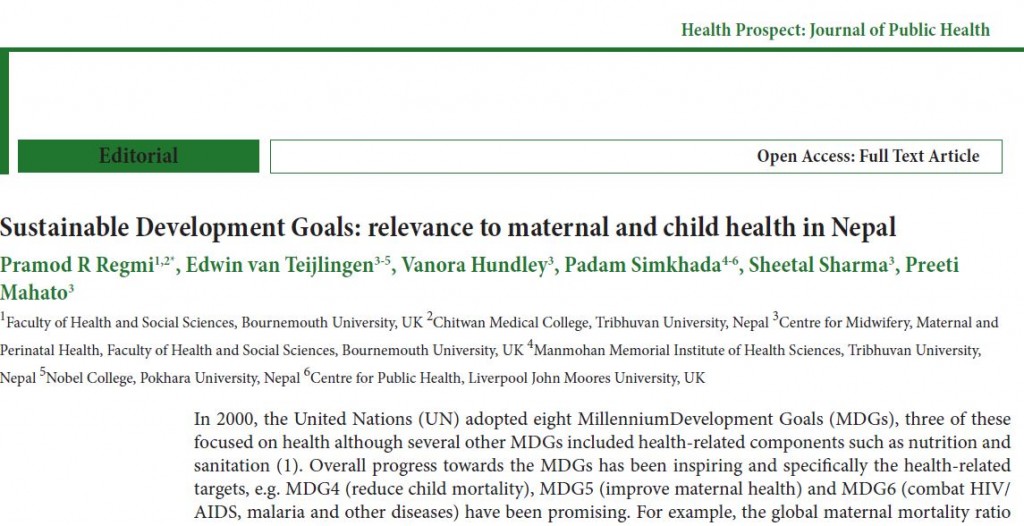
 There is a proposal from Government to include an anti-lobbying clause in Government grants, which will include research grants. There is a petition by Bob Ward to gain an exemption for academic research. If you are interested in finding out more and/or signing the petition then please see the link here:
There is a proposal from Government to include an anti-lobbying clause in Government grants, which will include research grants. There is a petition by Bob Ward to gain an exemption for academic research. If you are interested in finding out more and/or signing the petition then please see the link here: 
![InnovateUK_LogoA_Interim_RGBx320govuk[1]](http://blogs.bournemouth.ac.uk/research/files/2014/12/InnovateUK_LogoA_Interim_RGBx320govuk11-300x90.jpg)













 Read and sign up to BU’s Policy Influence Digest
Read and sign up to BU’s Policy Influence Digest Upcoming opportunities for PGRs – collaborate externally
Upcoming opportunities for PGRs – collaborate externally BU involved in new MRF dissemination grant
BU involved in new MRF dissemination grant New COVID-19 publication
New COVID-19 publication MSCA Postdoctoral Fellowships 2024
MSCA Postdoctoral Fellowships 2024 Horizon Europe News – December 2023
Horizon Europe News – December 2023